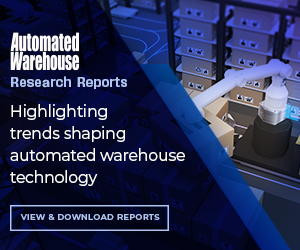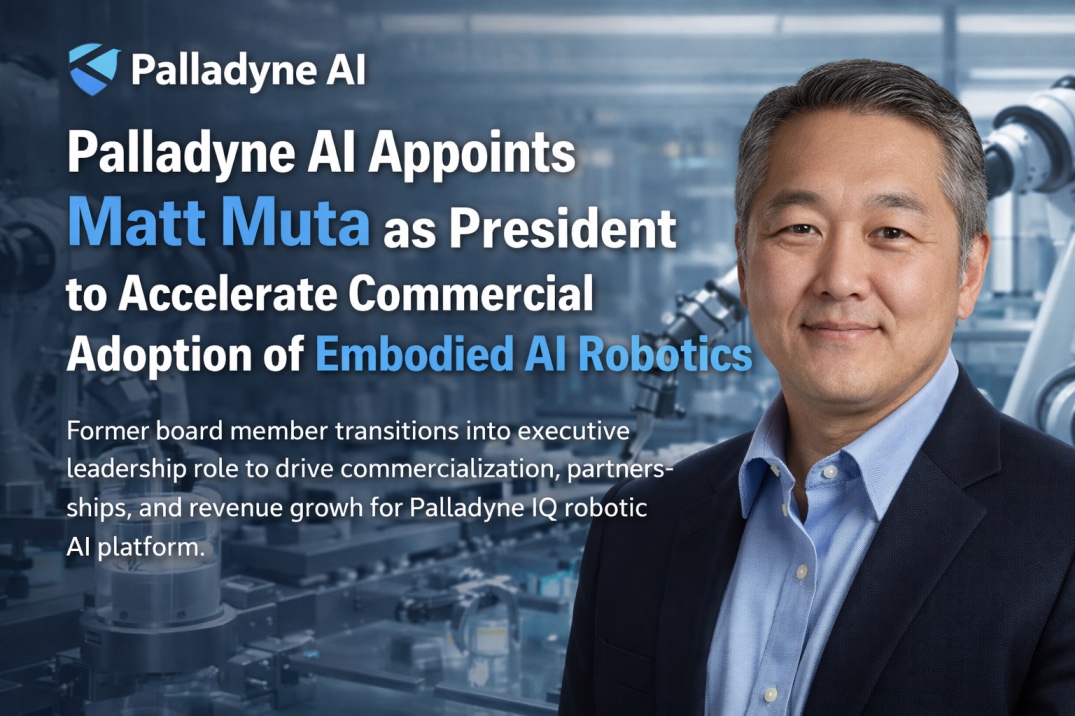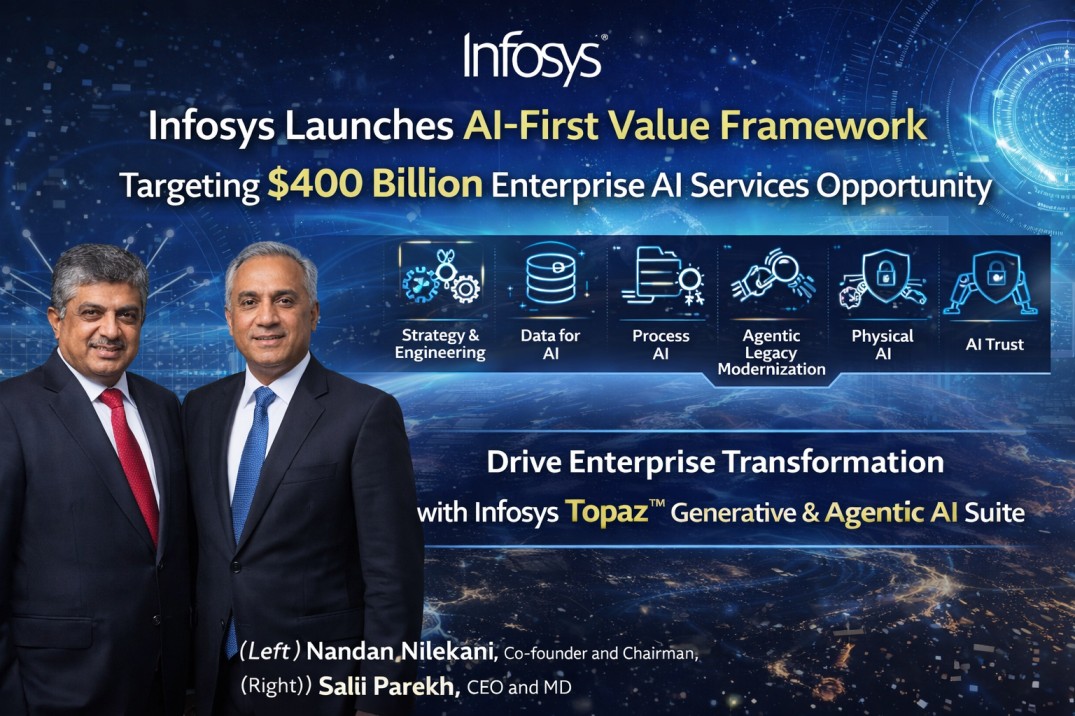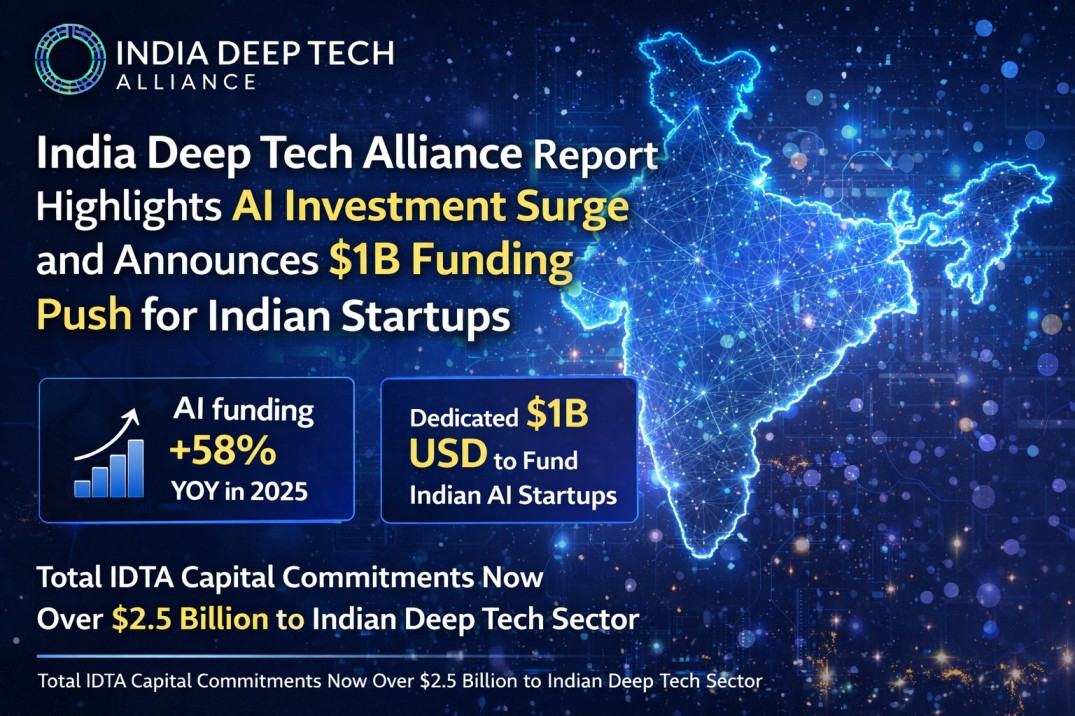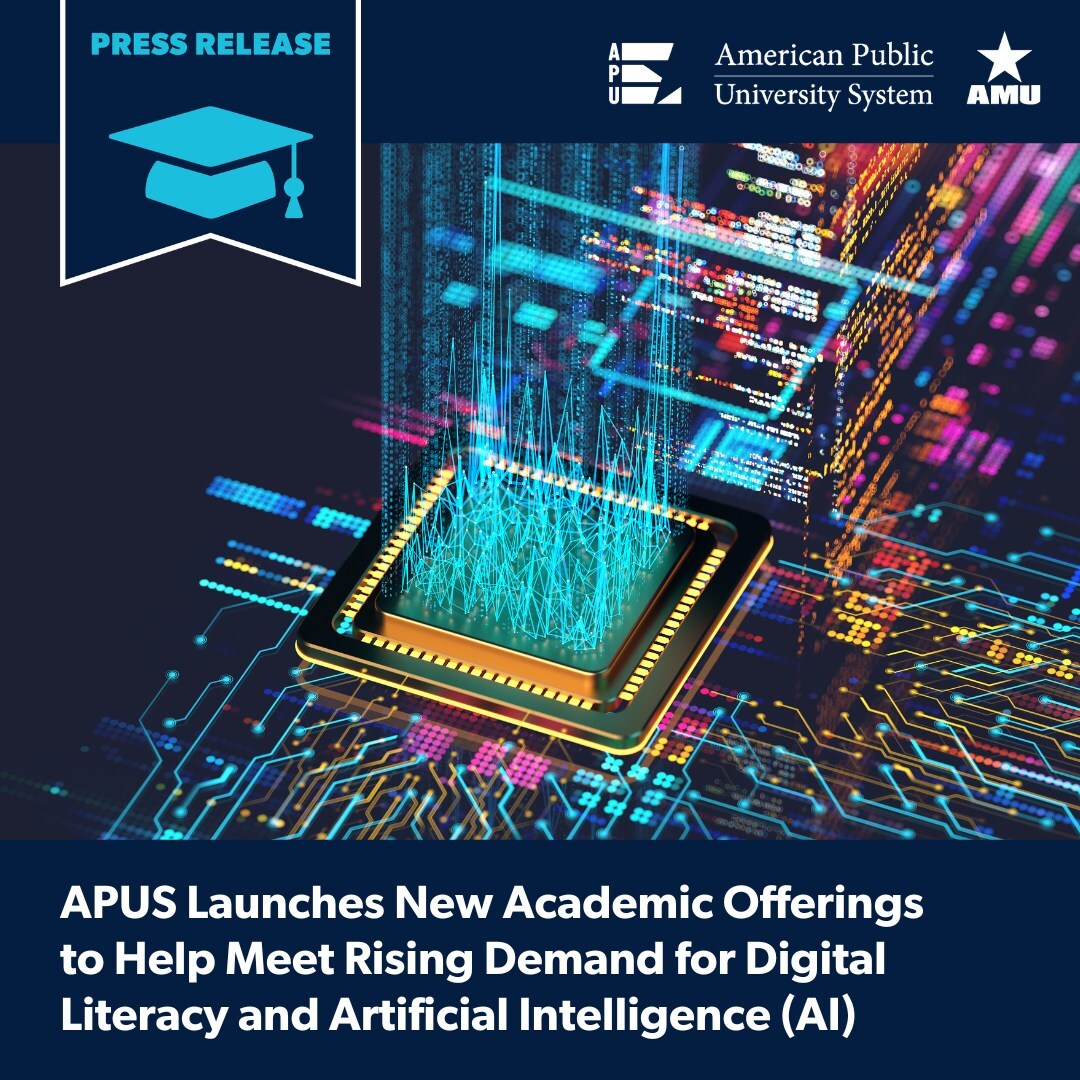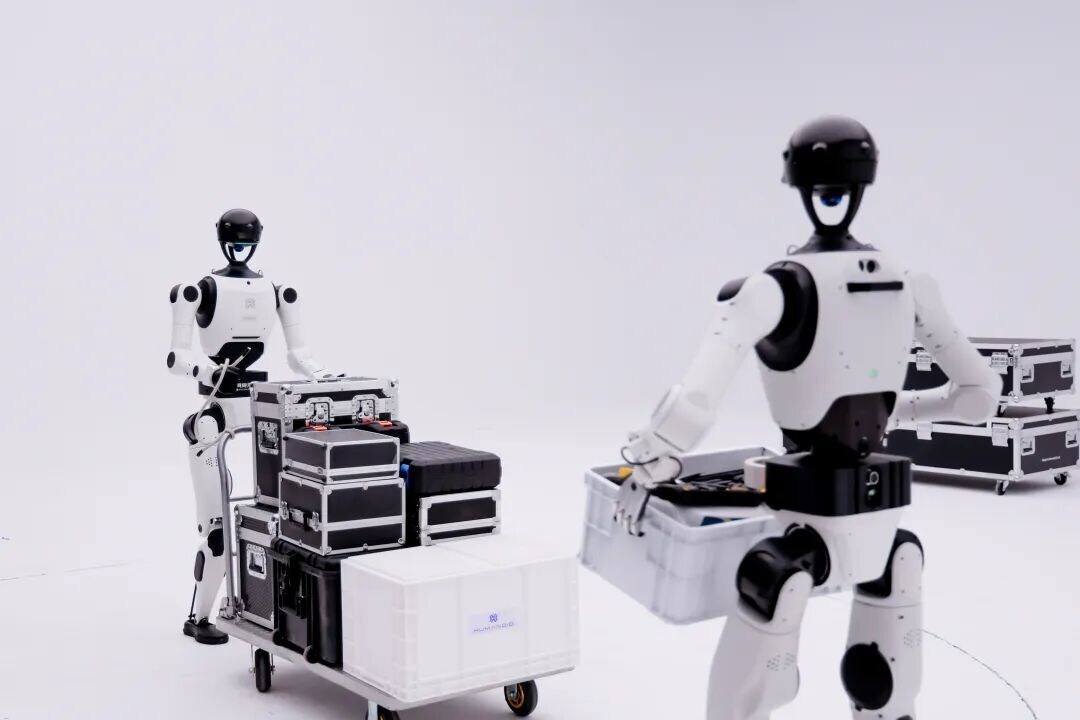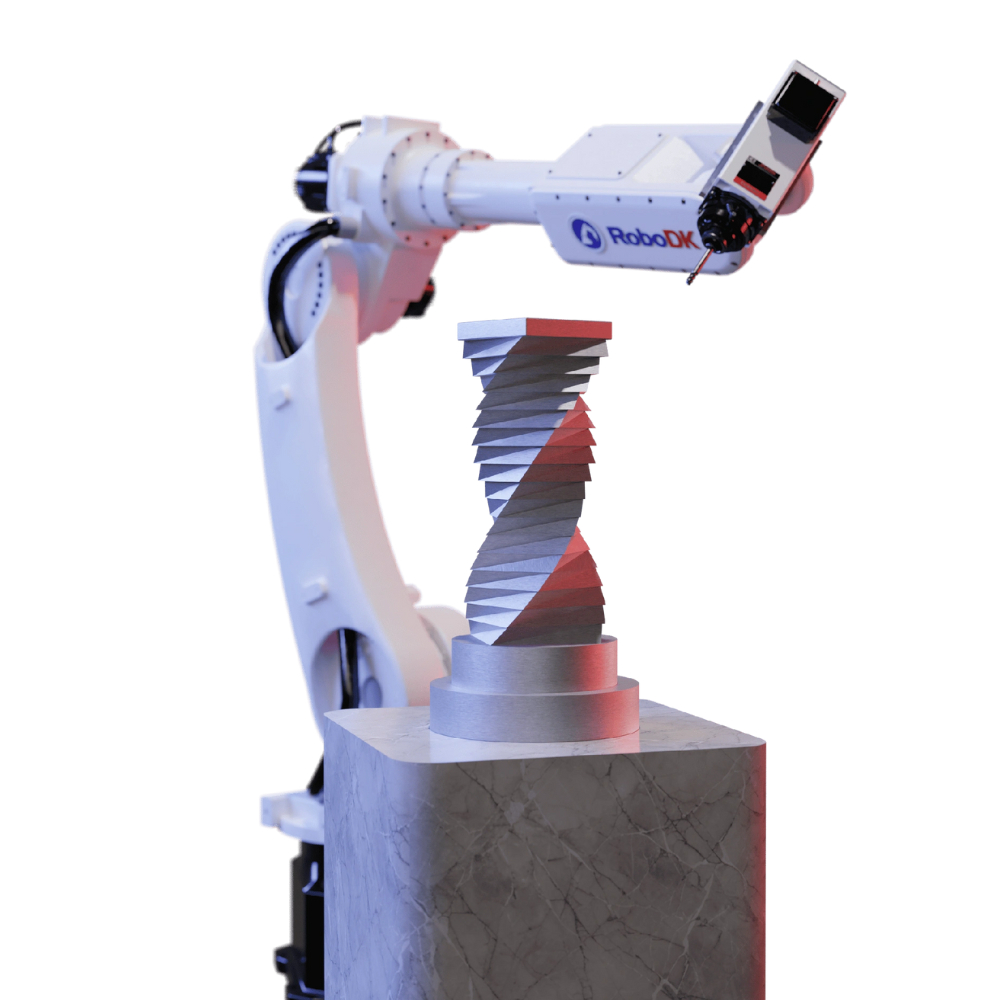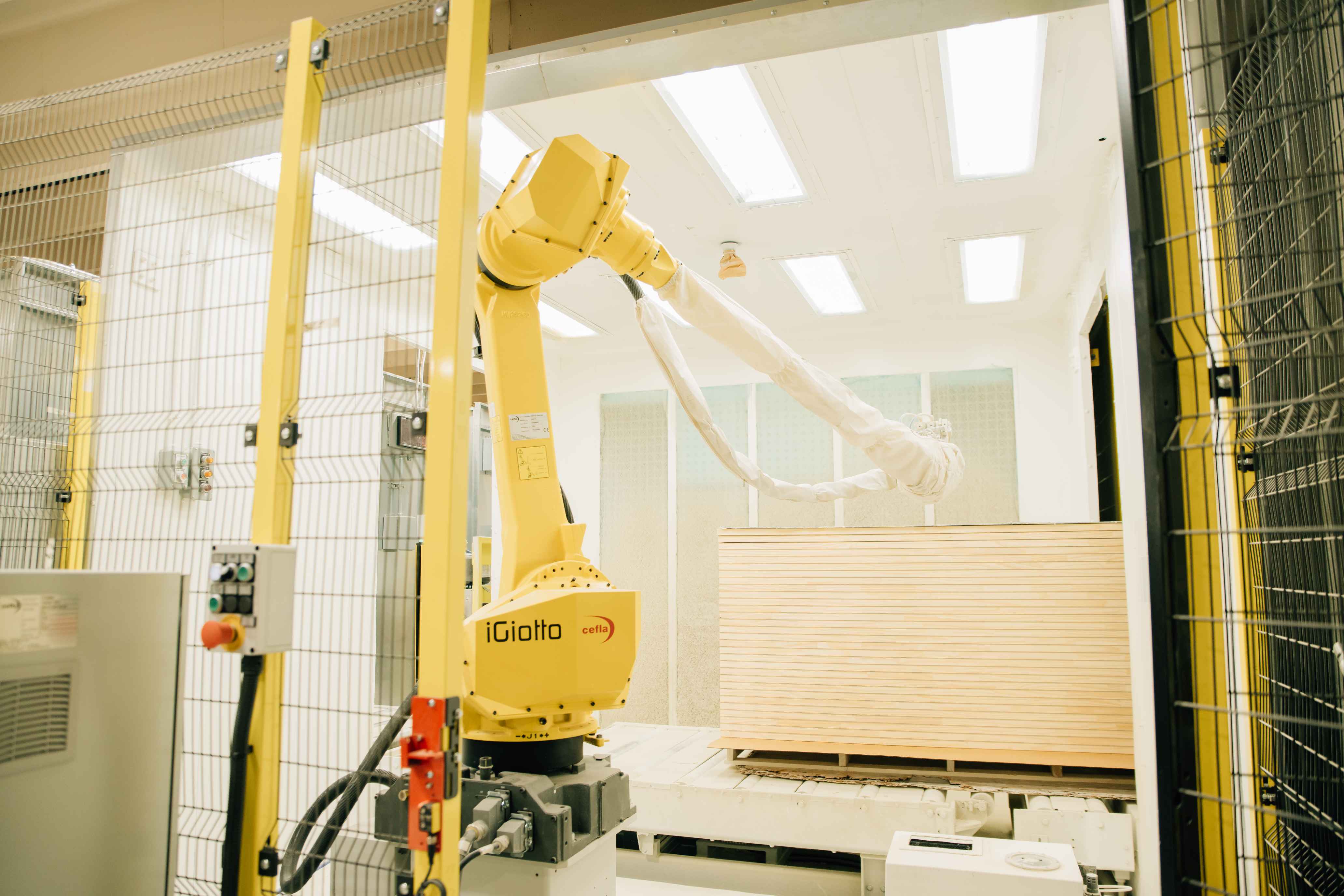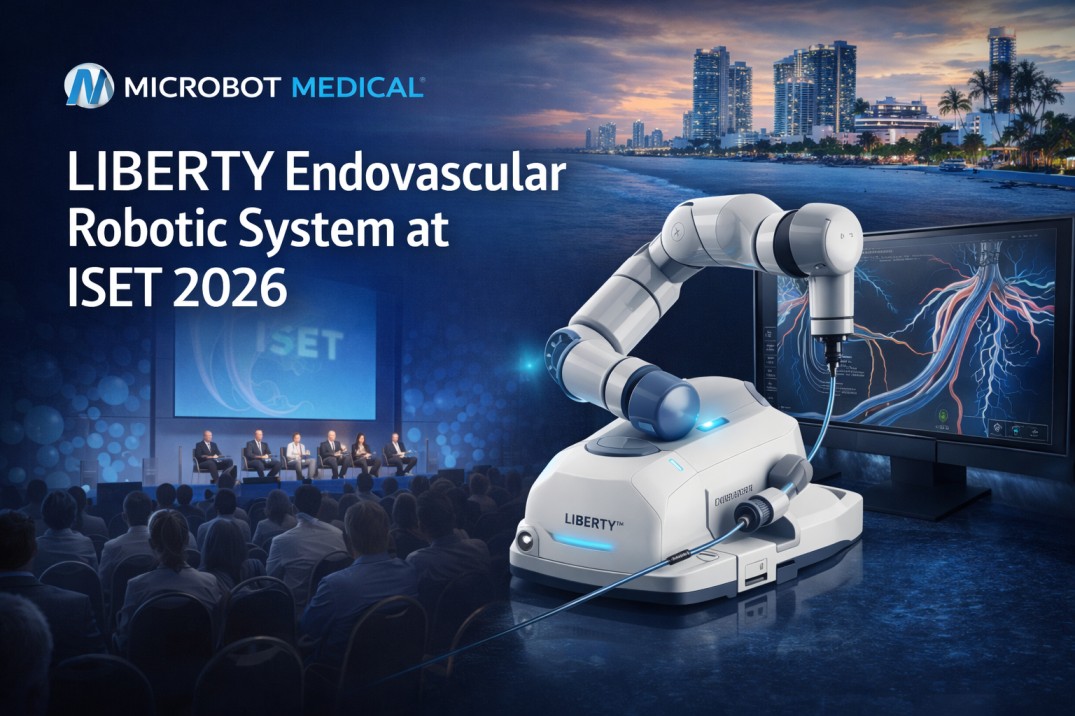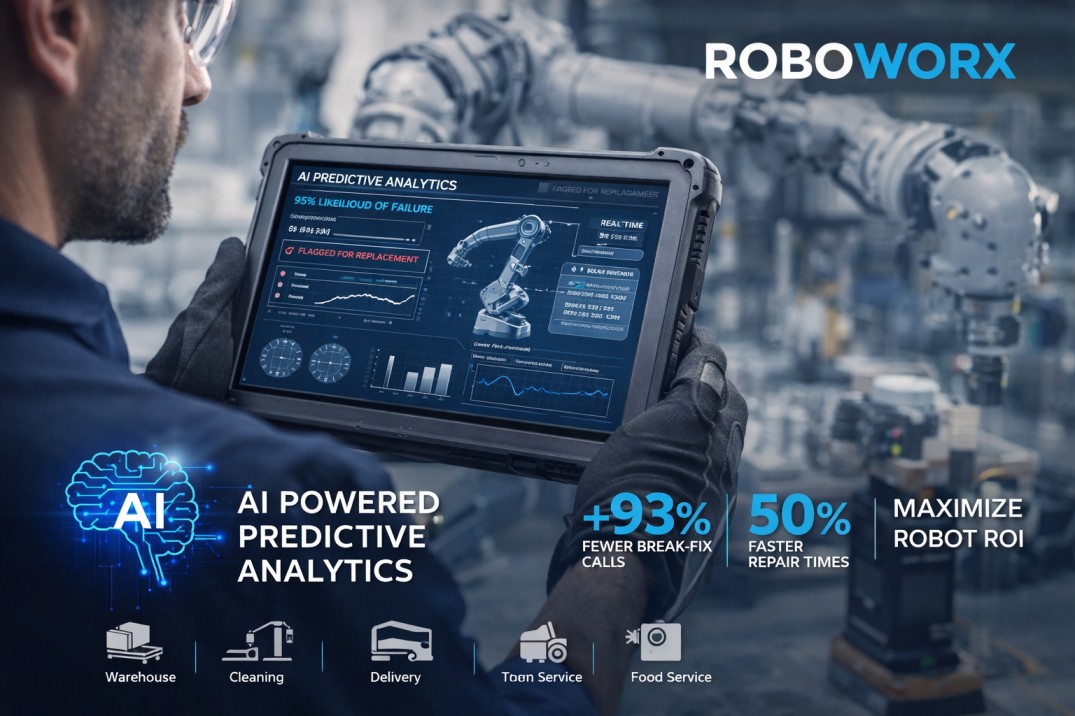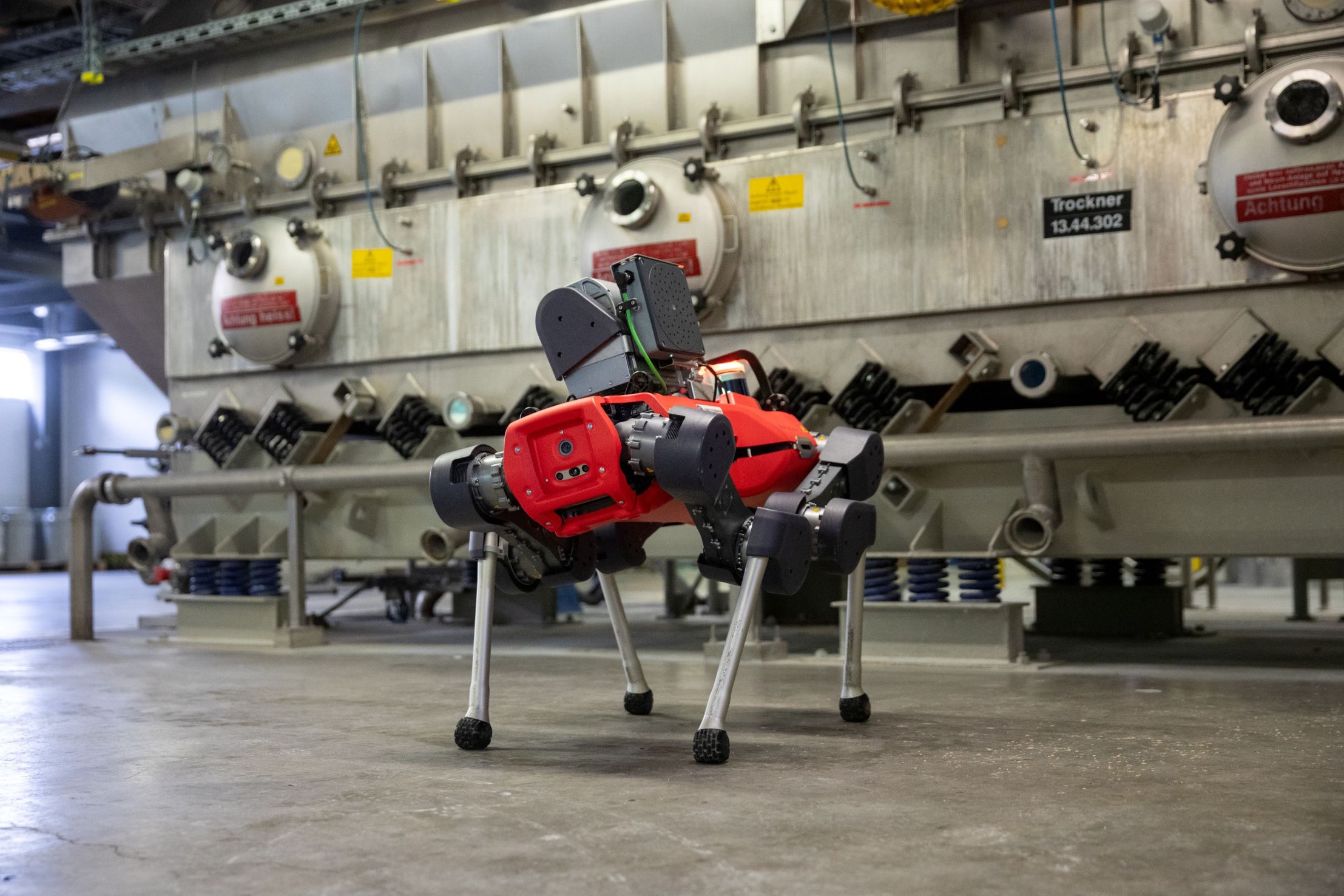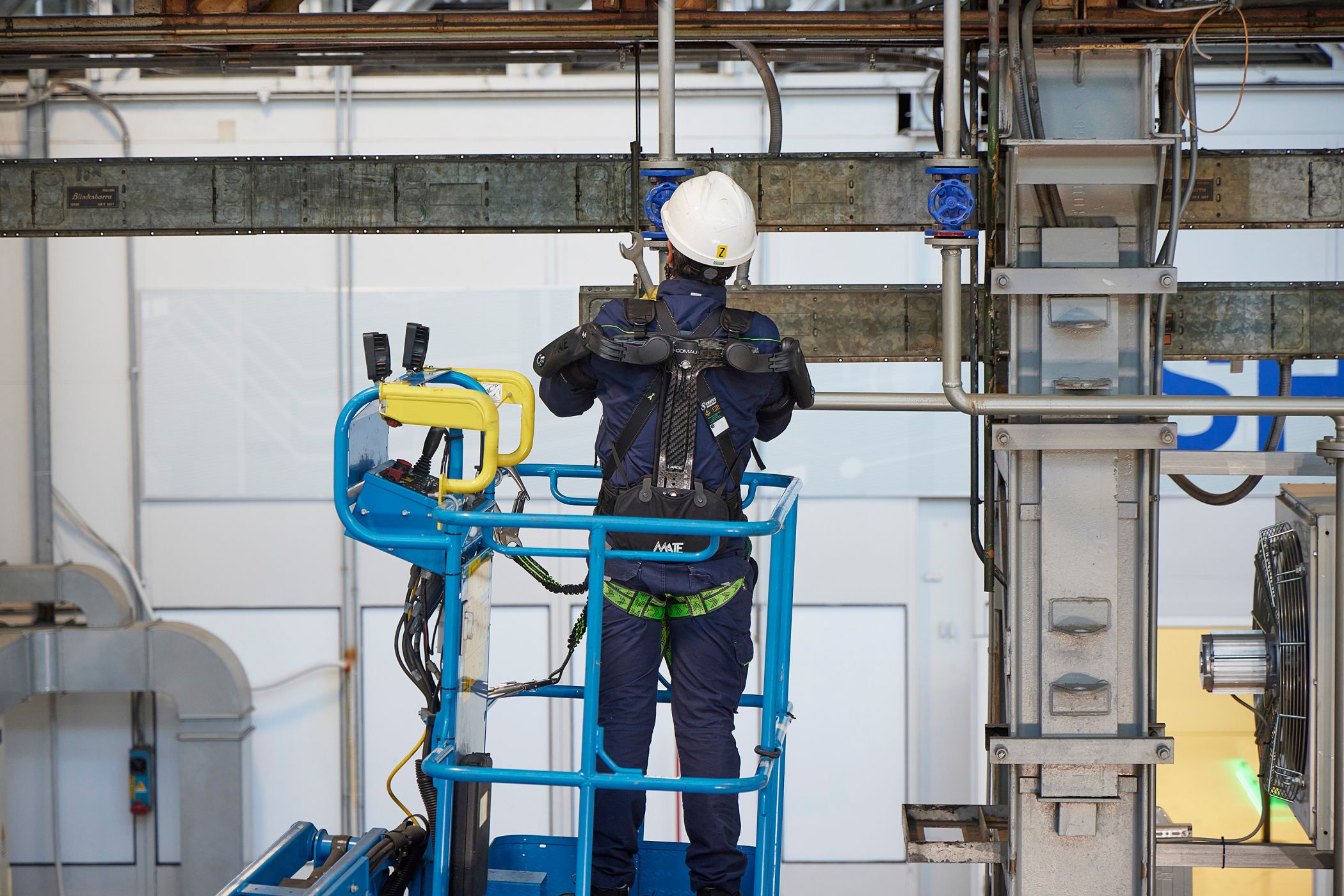OMRON Shares Vision for AI-Driven Sustainability at UN Global Compact Summit in Asia & Oceania
OMRON's President Highlights the Role of Technology in Tackling Social and Environmental Challenges, Advocating AI Solutions for a Sustainable Future in the Region
The summit served as a platform for key industry players, government stakeholders, sustainability experts and Global Compact country networks in Asia and Oceania to take stock of the progress made in the region so far, examine existing gaps and identify solutions tailored to the region's unique circumstances. OMRON actively engaged in the discussions and shared its invaluable insights on "Innovating for Impact: AI and Sustainability in the Asia & Oceania Region."
The company, represented by Virendra Shelar, President - OMRON Management Centre Asia Pacific emphasized the need for organizations to embrace newer technologies including AI solutions to enhance their ability to solve social issues, reduce environmental impact, and drive positive & sustainable change.
Virendra introduced how OMRON views technology as an essential element in pursuing "innovation driven by social needs" and resolving social issues, which have been OMRON's focus since its founding, and how the company is engaging with technology to create a better future.
"Considering the rapidly evolving technology landscape, OMRON believes that being open to use of new technologies to address social issues is the way towards creating a sustainable future. The company is actively integrating AI into its products and processes to address social issues such as carbon neutrality, digital transformation, and increasing healthy life expectancy. We also collaborate with startups and academia to explore new technologies and solutions," said Virendra.
Held at Kuala Lumpur, Malaysia on Aug 5-6, the regional flagship event represents the first of the summits that UN Global Compact plans to hold in various regions around the world this fiscal year. It provided a collaborative platform for thought leaders like OMRON from various sectors to exchange ideas and best practices to accelerate sustainable business practices and advance the Sustainable Development Goals (SDGs) attracting nearly 500 participants.
OMRON was invited to be a part of the event in recognition of its dedication to driving positive change through technological innovation and sustainable business practices. The company has been a signatory to UN Global Compact since 2008 and has been working to resolve social issues through business activities in accordance with the 10 principles in 4 areas (Human Rights, Labor, Environment and Anti-Corruption) stipulated by UN Global Compact.
Since its founding, OMRON has held the principle that businesses exist to help society, a belief established by its founder in 1959. This principle aligns with the company's mission to improve lives and contribute to a better society. OMRON's approach to innovation focuses on addressing future social problems by leveraging evolving technology and science. It senses and uncovers social needs that will arise from future social issues, and utilize technology to create new value. This strategy is rooted in the company's DNA and is exemplified by its renowned SINIC Theory, which emphasizes the cyclic evolution of society, technology, and science.
OMRON envisions artificial intelligence and advanced technologies as key drivers for a brighter future. The company is committed to integrating these innovations into its business operations and solutions, aiming to address societal challenges as part of its strategic long-term plan, Shaping the Future 2030 (SF2030).
Notes for Editors:
How OMRON is creating value for the society with technology?
- The founder of OMRON, Kazuma Tateishi, developed and presented the SINIC Theory, a future prediction theory in 1970. The basic idea behind the theory is that science, technology, and society develop while mutually influencing each other. OMRON uses the SINIC theory as its management compass to predict the future of society and create innovations that will solve future social issues.
- OMRON has identified three social issues in its long-term vision for 2030, "Shaping The Future 2030 (SF2030)": "Achievement of carbon neutrality," "Realization of a digitalized society," and "Extension of healthy life expectancies"
- It strives to continue to incorporate the latest technologies into business and solutions, such as through "EP100" initiative to double the energy productivity at OMRON's factories and Zero Events initiative to eliminate the incidence of cerebrovascular and cardiovascular diseases.
- To realize a sustainable future using technology, OMRON collaborates on two fronts: with external partners, including startups and academic research institutions, and within the organization.
- Interested employees have been voluntarily participating in an AI experimentation project to promote the use of generative AI, within the OMRON Group. Approximately 20 themes utilizing generative AI have been implemented, and these have been shared with executive management to consider how the latest technology can be utilized both inside and outside the company.





